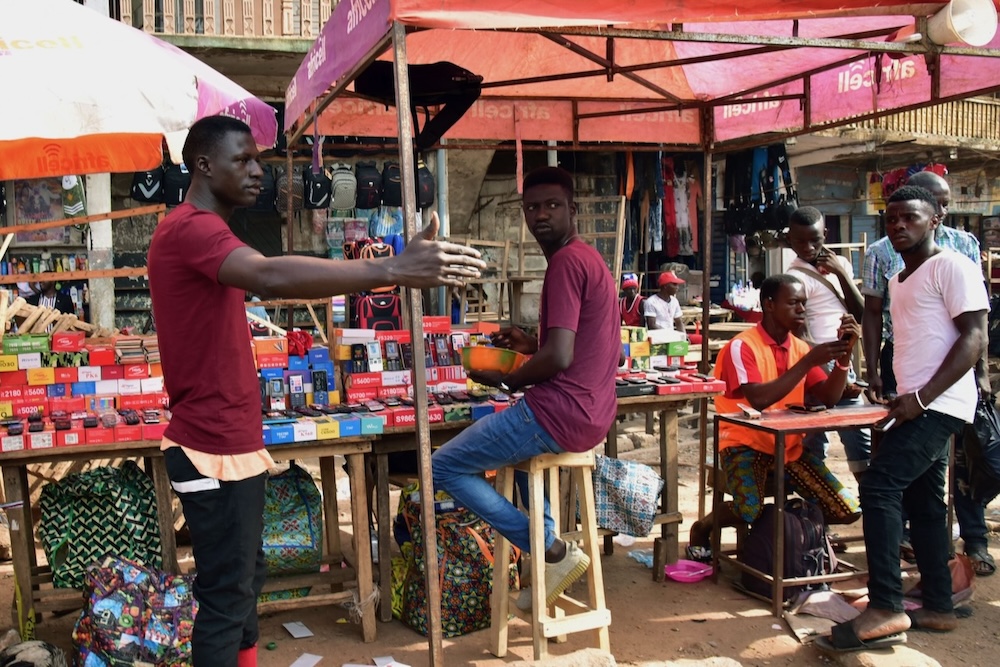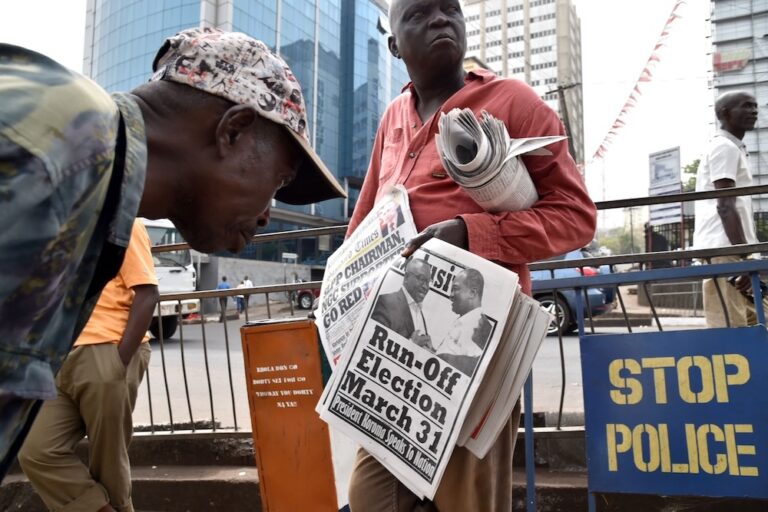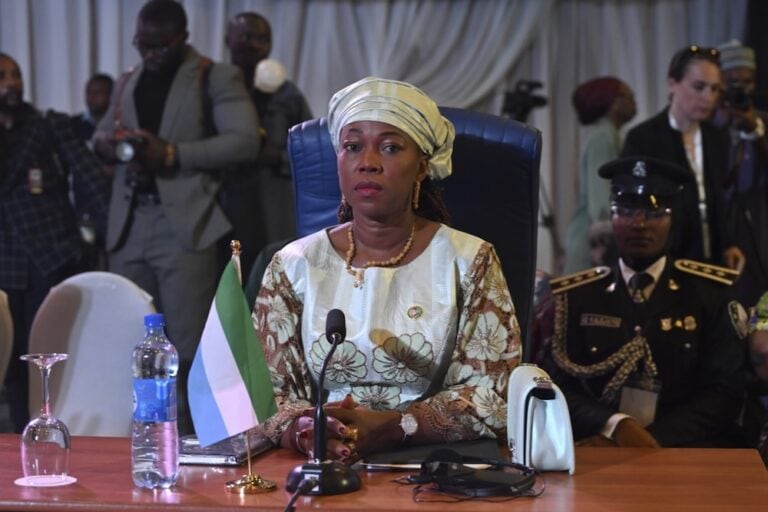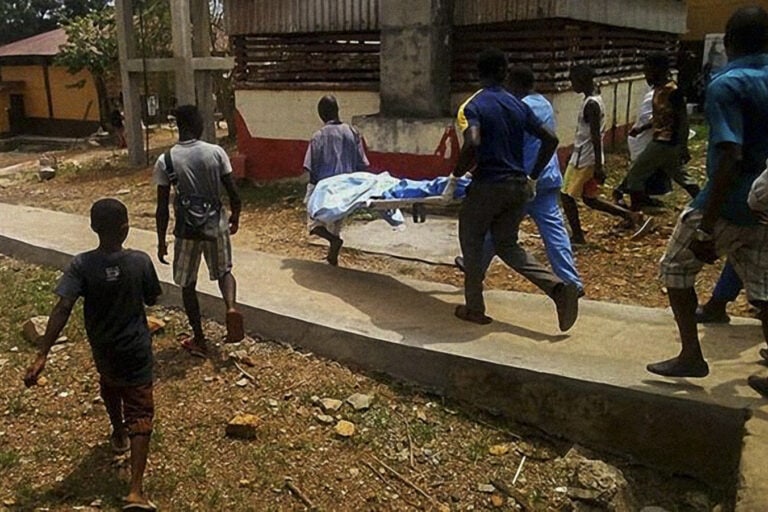The ECOWAS Court of Justice has authorised the payment of USD15000 each to Hassan Kargbo and Mohamed Fornah, as compensation, for the violation of their right to security during a police crackdown on a July 2022 demonstration.
This statement was originally published on mfwa.org on 15 November 2024.
The ECOWAS Court of Justice on November 14, 2024, ordered Sierra Leone to pay USD 15,000 each to two successful applicants in a case dating back to July 2022 when the police brutally quelled a demonstration in the town of Makeni.
A three-member panel, presided over by Honorable Justice Ricardo Cláudio Monteiro Gonçalves, faulted the Sierra Leonean police for violating Hassan Kargbo and Mohamed Fornah’s right to security. The panel also enjoined the State to take measures to prevent the excessive use of force during peaceful demonstrations and to conduct an investigation to identify and prosecute those responsible for the violence.
The other members of the panel were Honorable Justice Gberi-Bè Ouattara (judge-rapporteur) and Honorable Justice Edward Amoako Asante (panel member).
The applicants brought an action before the ECOWAS Court of Justice against the State of Sierra Leone for the violations of the right to security of the person, the right to life and the right to an effective remedy.
The State of Sierra Leone neither appeared nor presented a defence. The Court delivered its judgment by default.
The events leading to this case took place on 17 and 18 July 2020, when a demonstration by young people was violently quelled by the Sierra Leone law enforcement. According to the applicants, the army and police used live ammunition and tear gas against the demonstrators, causing deaths and serious injuries among unarmed civilians. Several victims, including Foday Kargbo, Mohamed Sillah and Alusine Sesay, died as a result of this crackdown.
Even though the ECOWAS court found that the State of Sierra Leone had violated the right to security of the applicants Hassan Kargbo and Mohamed Fornah, the Court found that the State had neither violated the right to life of the applicants, who were still alive, nor their right to an effective remedy.
As for the unarmed civilians who had lost their lives in the violence, the claim of the applicants who had presented themselves as their rightful heirs was declared inadmissible for failure to provide proof of their death and of their kinship with the victims.
This is the second time this year that The ECOWAS Court of Justice has delivered a judgement against the Republic of Sierra Leone in a human rights case related to police violence against demonstrators.
On February 28, 2024, the court, presided over by Justice Edward Amoako Asante, declared that the Sierra Leonean state violated the rights of Mr Mohamed Morlu, a citizen, who suffered gunshot wounds during a police crackdown on demonstrating students in March 2017. Accordingly, the Regional Court ordered Sierra Leone to pay $25,000 as compensation to the victim and applicant as well as bear the cost of any surgery needed to remove the bullet from the gunshot, which was still stuck in his abdomen. One person died as a result of the police violence.
The Media Foundation for West Africa welcomes the latest decision by the ECOWAS Court of Justice as another momentous verdict in favour of state accountability for human rights violations. We urge the Sierra Leonean government to comply with the ruling by paying the compensation and conducting an investigation to identify and prosecute those responsible for the brutalities.
The Sierra Leonean police’s penchant for using excessive force against demonstrators violates the right to freedom of assembly under Article 11 of the African Charter on Human and People’s Rights (ACHPR). The brutal, sometimes fatal, police attacks on protesters also violate the rights of a citizen to life and the integrity of his person; the right to be free from torture, cruel, inhuman or degrading treatment, as well as the right to liberty and security of his person, as guaranteed under Articles 4-6 of the ACHPR.
The Sierra Leonean authorities should, therefore, take measures to properly train its law enforcement officers on crowd control and rights-respecting policing, as advised by the Court.



